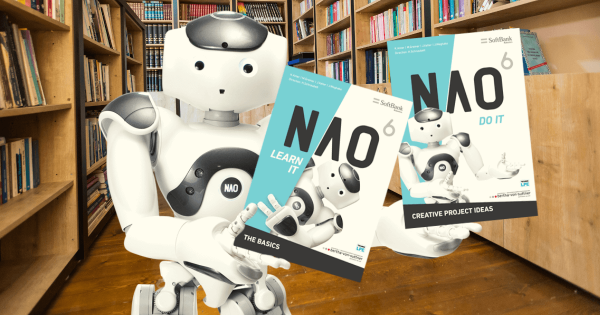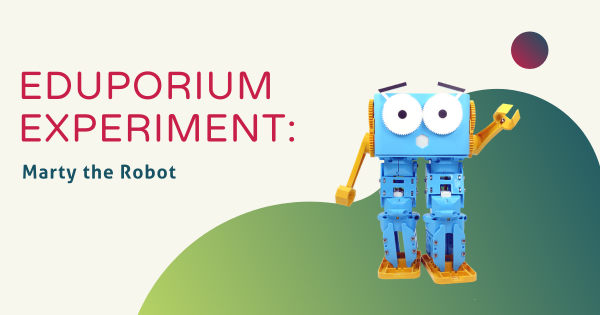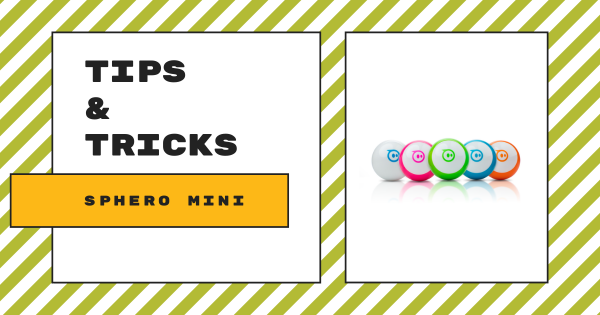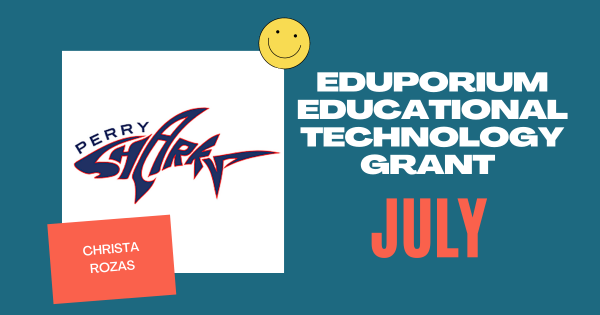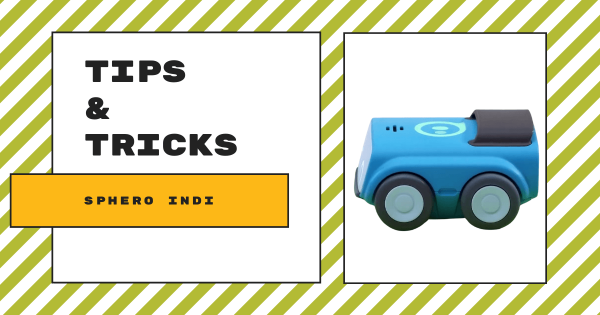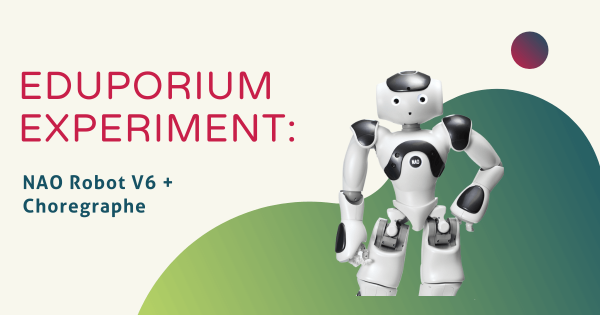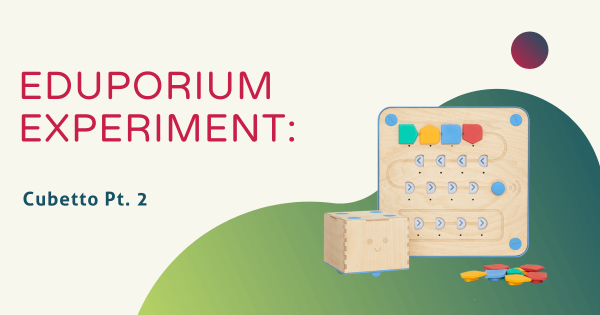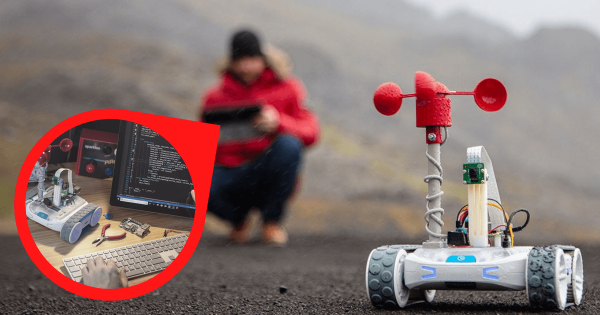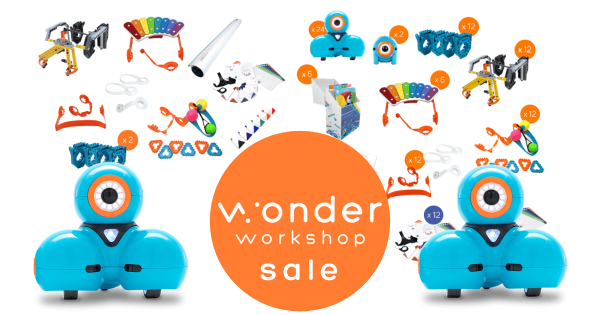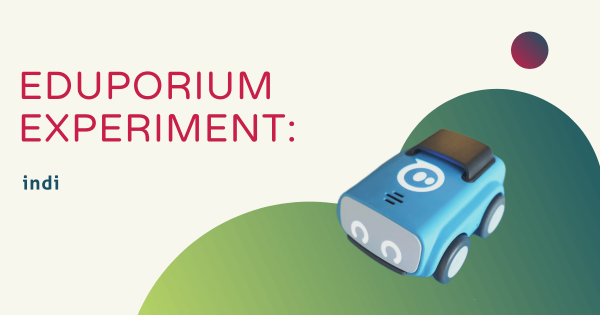For students who learn differently, specifically in special education populations and Autistic students, the NAO can help provide a calming effect and help them feel more comfortable around this kind of technology. These two eBooks can help educators maximize teaching with the NAO V6 and we’re breaking down what’s found in each.
Robotics
Some of the most popular paths and effective approaches to preparing students for their future involve using robotics tools. A significant subsection of STEM education, coding robots and other types of programmable devices enable a large percentage of the STEAM learning that occurs in our schools. Using educational robotics tools, students from Pre-K to college can develop key coding skills. This is largely because, among these various robot kits, many are compatible with various programming languages. So, beginning in Pre-K, a child might use the Cubetto Robot in screen-free coding activities. Then, they might move on to the Bee-Bot or Blue-Bot for CS experiences that are slightly more complex. And, by the time they're in kindergarten or first grade, they have a legitimate foundation and they're ready to continue developing fluencies in coding, problem solving, and even computational thinking.
One reason robotics in education is so effective is due to various advances in robotics equipment for schools. Beyond introducing the absolute basics of coding early on (and without a screen), students can then progress to one of the most basic forms of coding, which you might know as Blockly. So many robotics tools incorporate the Blockly coding language along with their corresponding programming environment. In fact, the Ozobot Evo, Root Robot, Edison Robot, and Dash Robot are among the most popular elementary robotics tools. These help children build on coding and technology knowledge as they prepare for the next step—text programming. In text coding, they can use tools like the databot 2.0, NAO Robot, and most of the others we've mentioned. And, through these experiences, they can develop STEM skills in a tangible way while using robotics tools to do so.
-
Eduporium Experiment | Marty the Robot
Whether new to robotics or simply eyeing a new challenge, Marty can be used in all types of STEAM lessons, including both individually and collaboratively. With the Marty, students can learn all sorts of STEAM concepts, like electronics, mechanical engineering, and even some of the more advanced coding languages! -
Tips & Tricks | Getting Started with the Sphero Mini
Using this tiny tool, students can start to learn all about computer science concepts and even drive the robot using their facial expressions. It’s a great option for getting started with robotics in the classroom and offers a smooth initial experience for coding during the school day or in an afterschool robotics club. Keep reading to learn more about it! -
July EdTech Grant Awarded to Boston School's Christa Rozas
This month, we’ve presented our EdTech grant to Christa Rozas from Boston Public Schools! Christa is a teacher at the Perry K-6 School in the South Boston neighborhood and a big advocate of introducing computer science early. Her school is also very diverse and she’s done a lot to ensure that all her students have access to STEM opportunities. -
Tips & Tricks | The Sphero indi for Screenless Coding
While not quite ready to ship to educators, the Sphero indi robot will be impactful. Seeing a need for coding in early education, the Sphero team designed the indi to provide that option. The indi is perfect for students from ages 4-7 and provides them with hugely beneficial opportunities for screenless coding and learning. -
Eduporium Experiment | NAO Robot V6 + Choregraphe
The NAO Robot V6 is easily one of the world’s smartest robots and arguably the most powerful STEAM solution you’ll find on the Eduporium store. This humanoid robot comes with a huge array of educational and experimental value and it’s ready to go right out of the box whether educators purchase a used NAO robot or a brand-new model. -
Eduporium Experiment | Cubetto Pt. 2
The Cubetto offers a worthwhile solution with a cute, little, wooden robot that teaches coding—without a device! Just place it on one of its cloth maps, have kids read the story, and send Cubetto on a journey! Cubetto is designed specifically for children in Pre-K and kindergarten to learn the basics of coding—and it’s plenty simple for kids that age! -
Sphero RVR Projects: Teaching Coding with the Sphero RVR
The most recent and, honestly, probably most impressive robot from Sphero, the RVR, is an awesome option for coding across grade levels. It boasts more power than previous Sphero models and students can truly embrace a hacker mentality by connecting third-party hardware, like the Raspberry Pi, micro:bit, Arduino, and littleBits. -
Save on Wonder Workshop Dash Bundles and Class Connect
Through this Sunday (Father’s Day), we’re sharing special savings on Dash Robot bundles and additional access to the Class Connect platform. There are a bunch of bundles that are part of this promotion and you can find them all on our store! Just make sure you select the one-year subscription length option for any qualifying sale product to save. -
Eduporium Experiment | Sphero indi Robot
The Sphero team recently announced that their newest addition, the Sphero indi, is available for pre-order. This versatile and friendly looking robot will serve as their first effort to engage early elementary students in robotics and coding. In the meantime, we thought we’d explore some of its features a bit, including what sets it apart!




